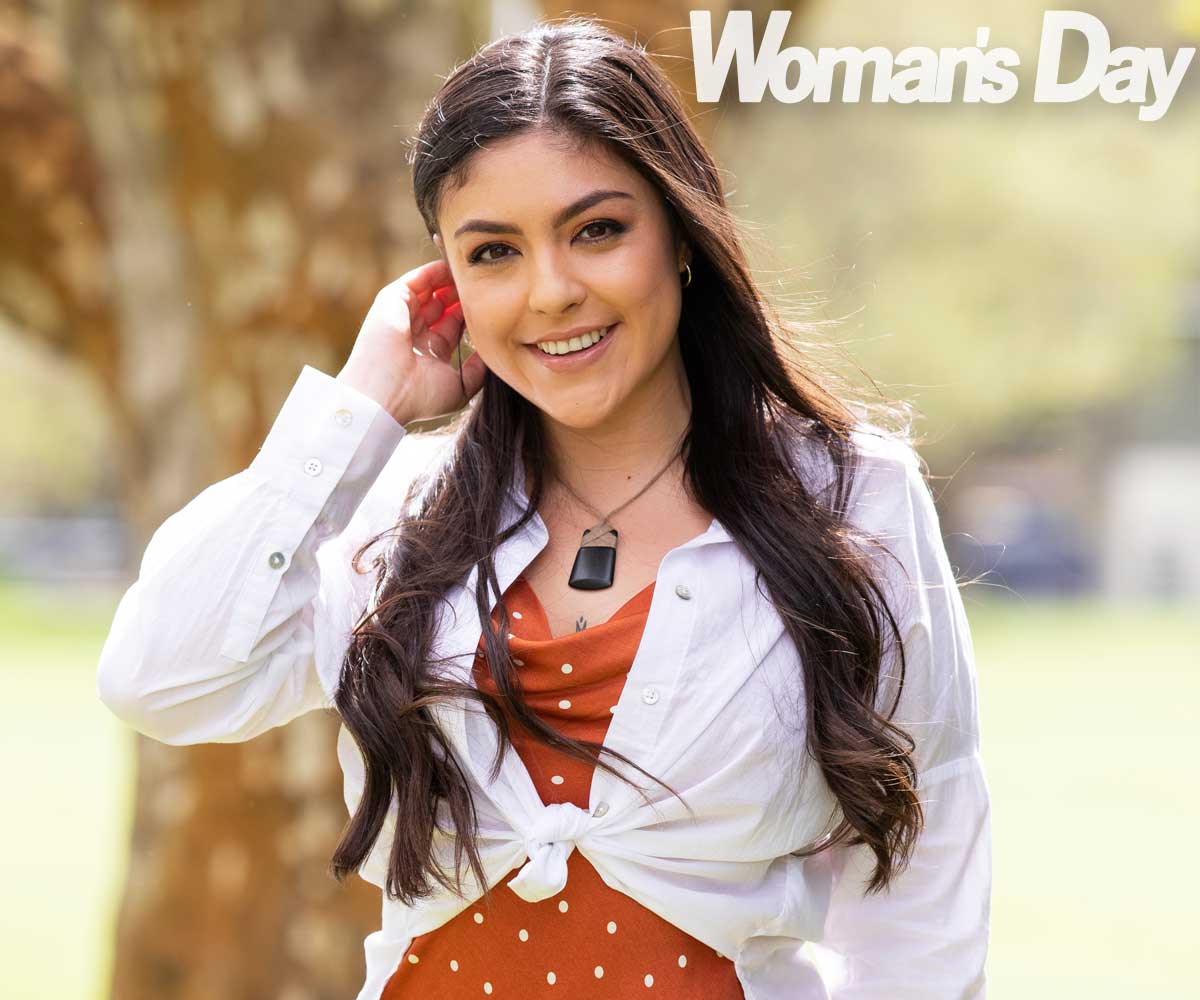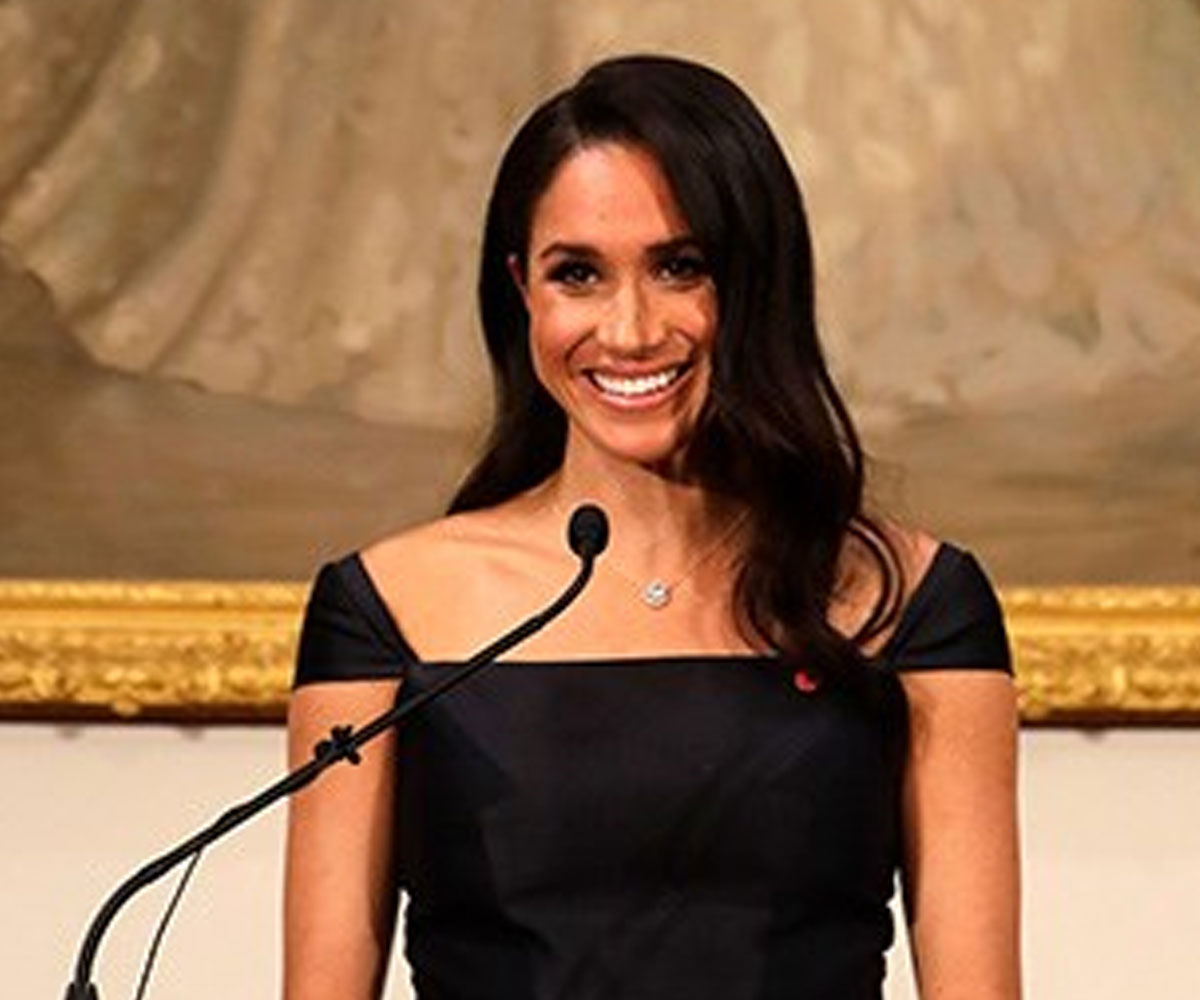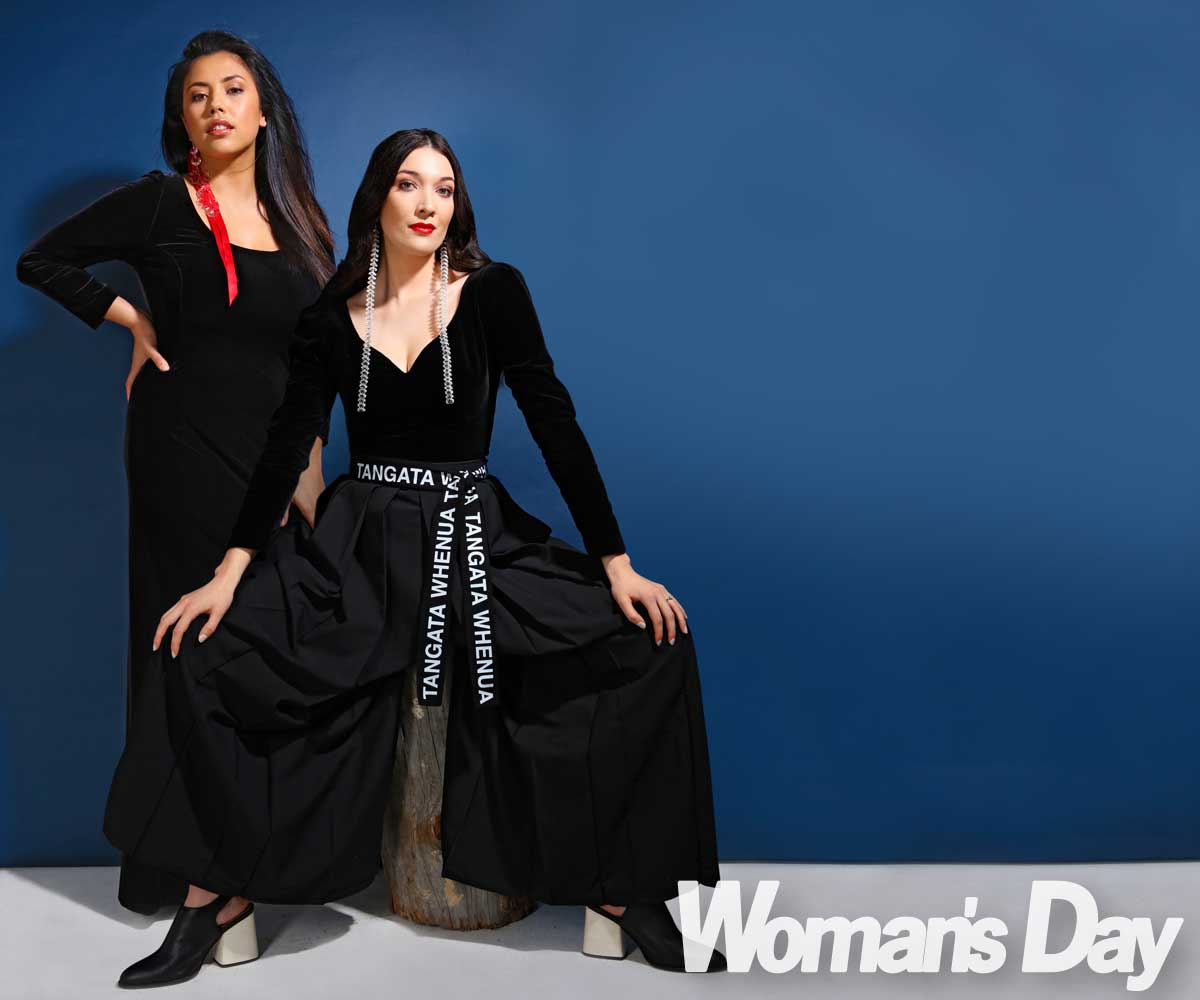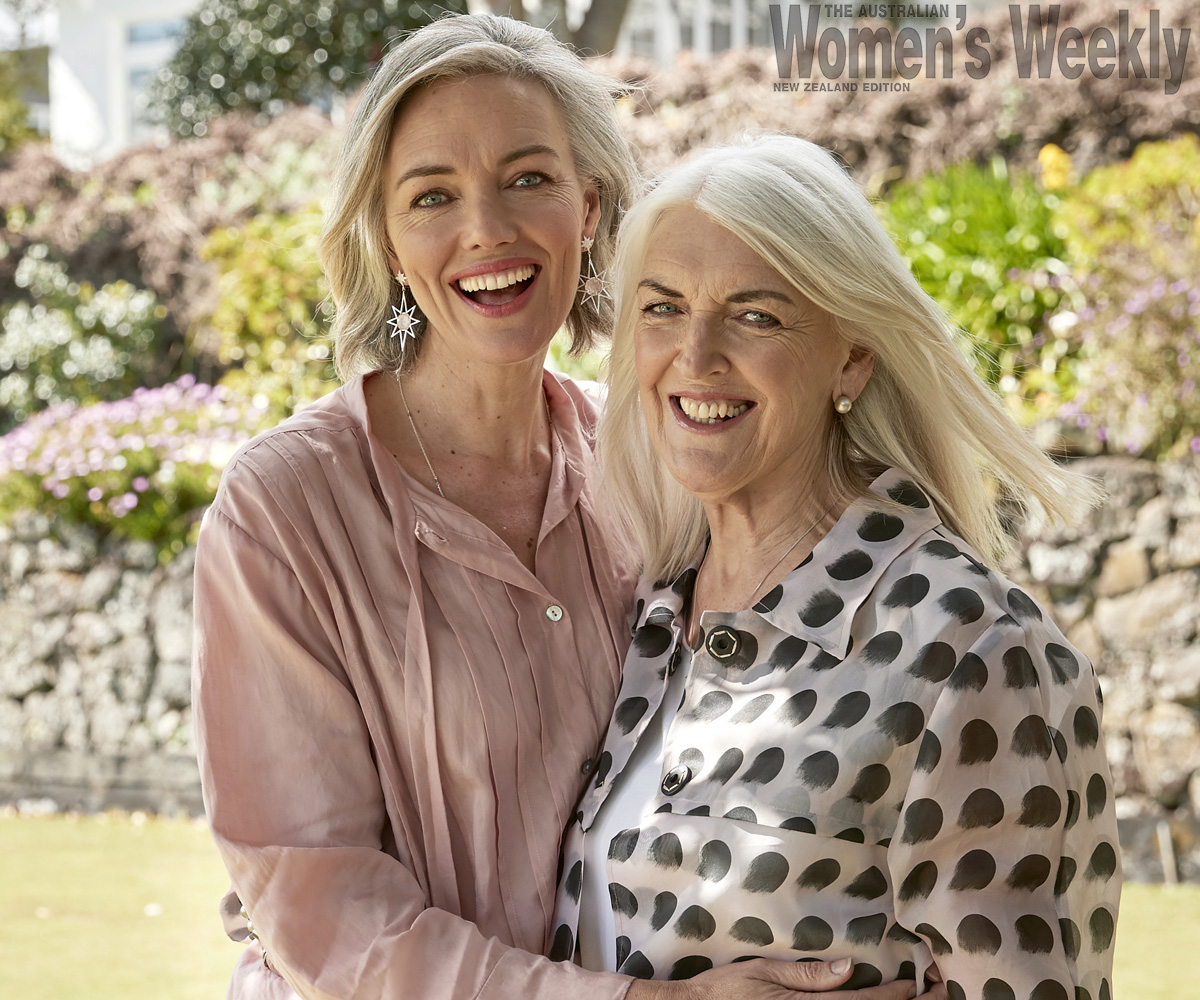One could argue that success is in Kahukiwi Piripi’s blood. The Maori beauty comes from a long line of accomplished family members.
Among her nine siblings there are lawyers, doctors, accountants and actors, including Shortland Street‘s Ngahuia Piripi, who plays Dr Esther Samuels.
And the 24-year-old, who is working towards a conjoint degree in law and Maori Studies, is stamping her own mark after recently making history by presenting her argument entirely in te reo at the National Kaupapa Maori Moot final in Wellington.
Yet, she says in her family there is no pressure to be the best, explaining, “I’m surrounded by people who strive to succeed. All my siblings speak te reo and everyone has that Maori world view as well as being educated in the western system.
“My family just tries their hardest and it’s not about what job you have, but about everyone motivating each other. It’s easier to succeed when you have people succeeding around you.”

Kahu with her Dad Haami, who has been her inspiration.
The fourth year University of Auckland student was named overall winner at the national event, as well as being a part of the winning team. The National Kaupapa Maori Moot, a mock legal debate based on real-life court cases, differed from a regular moot in that participants could also argue based on tikanga.
Kahu shares, “Tikanga is just our way of life. It’s the practices and values that have been gifted down to us from our parents, from our ancestors. They are very sacred because they have travelled so far.”
Kahu, who wants to be a human rights lawyer, entered the competition on a whim after discovering the subject matter was something she cared deeply about.
“I’m very passionate about decolonising the criminal justice system and have been trying to educate myself a lot on what’s been happening to Maori,” she says.
“I thought, I’ll do this topic and it will be great because they will put me on the pro-prisoner side and then they didn’t,” she laughs.
Despite arguing the side contrary to her own beliefs, Kahu impressed the judges, including Justice Joe Williams, who was recently appointed the first Maori Supreme Court judge.

Kahu’s sister Mihiarangi (R), a lawyer, has also been an inspiration for the young activist.
Kahu decided to present entirely in te reo to challenge herself but didn’t realise no one had done it before.
“It was harder than I first anticipated,” she admits. “I grew up in full immersion, so I wanted to revive that and strengthen my te reo so that I can keep using it in situations like that.”
It is unsurprising that Kahu holds Maori language and culture so dear to her heart when her father is Haami Piripi, current chairman of Te Runanga o Te Rarawa and the former chief executive of the Maori Language Commission.
But she credits the win as more of an accomplishment for the language than herself.
“It’s a huge achievement, not so much for me but more of an achievement to have seen how far te reo Maori has come; from having it banned in schools to having it used in the Supreme Court is quite phenomenal,” she enthuses.
“Winning it was fantastic and I’m just really proud, more so because I know my parents would be proud as well as their ancestors, of course.”
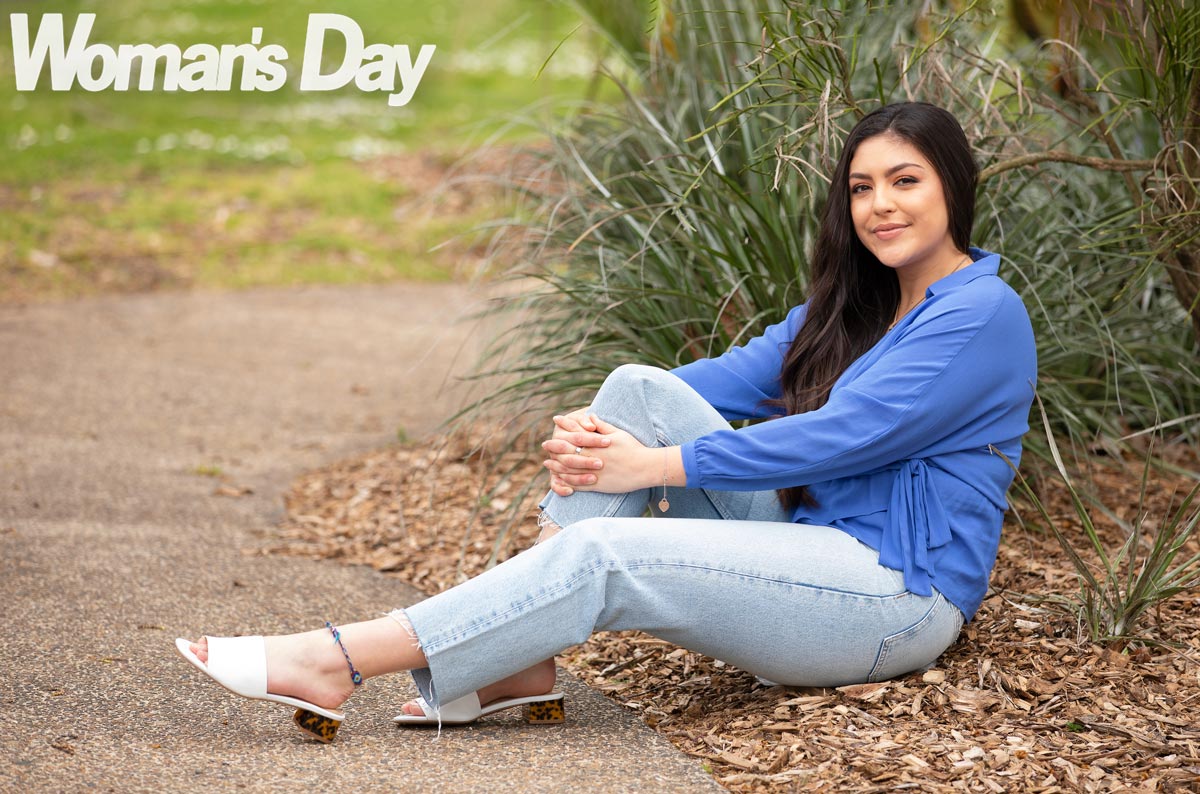
Although she still has a little while to go before finishing her double degree, Kahu has big dreams for her future.
The keen activist plans to specialise in indigenous law and hopes to work for the United Nations on global decolonising strategies.
But at the end of the day, her focus still lies with her people, especially revitalising their native language.
“I think te reo Maori is taonga. It was bestowed upon us from our parents and ancestors, and just being able to speak it and know that I can hand it down to my children and grandchildren is probably my main motivator to keep it alive.”
Kahu concludes, “My parents have instilled in me that it’s not good enough to just accept the work our ancestors did, but keep working towards more, just keep fighting that same fight.”
